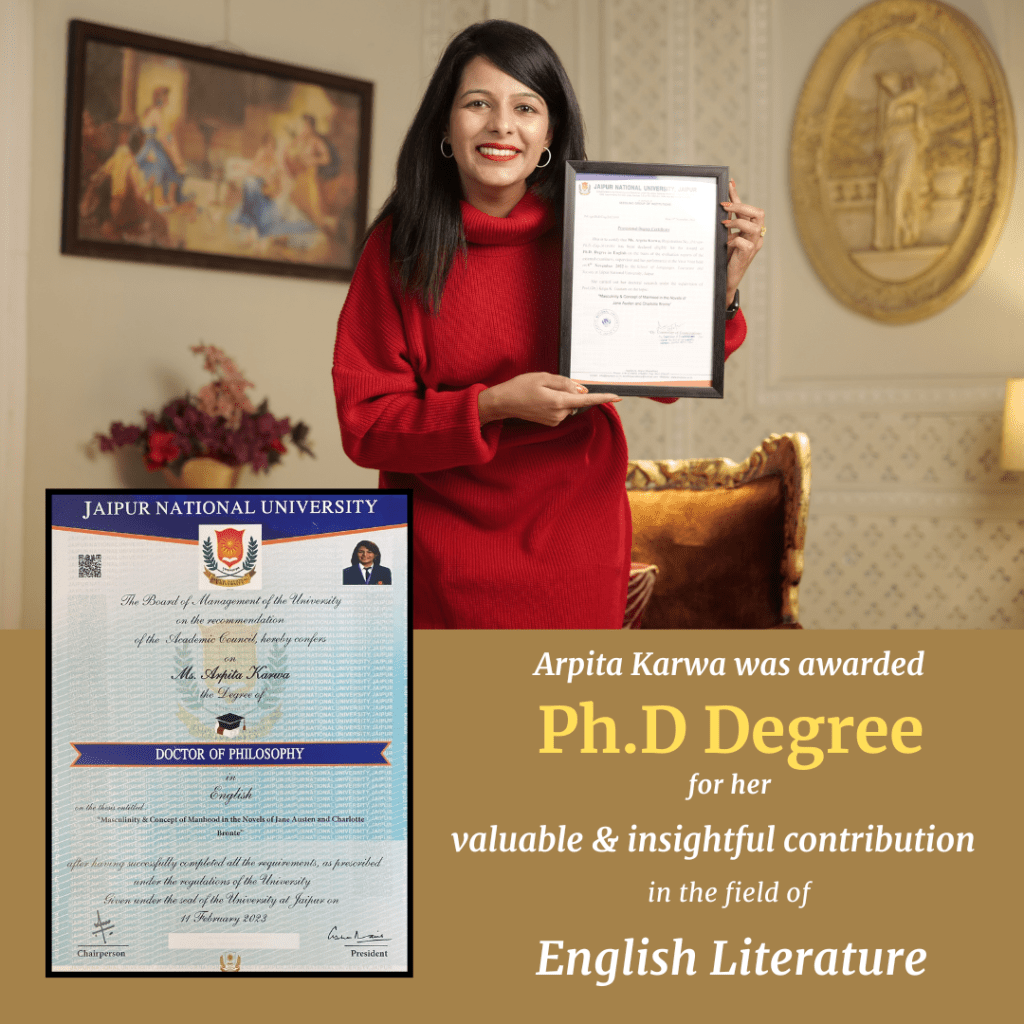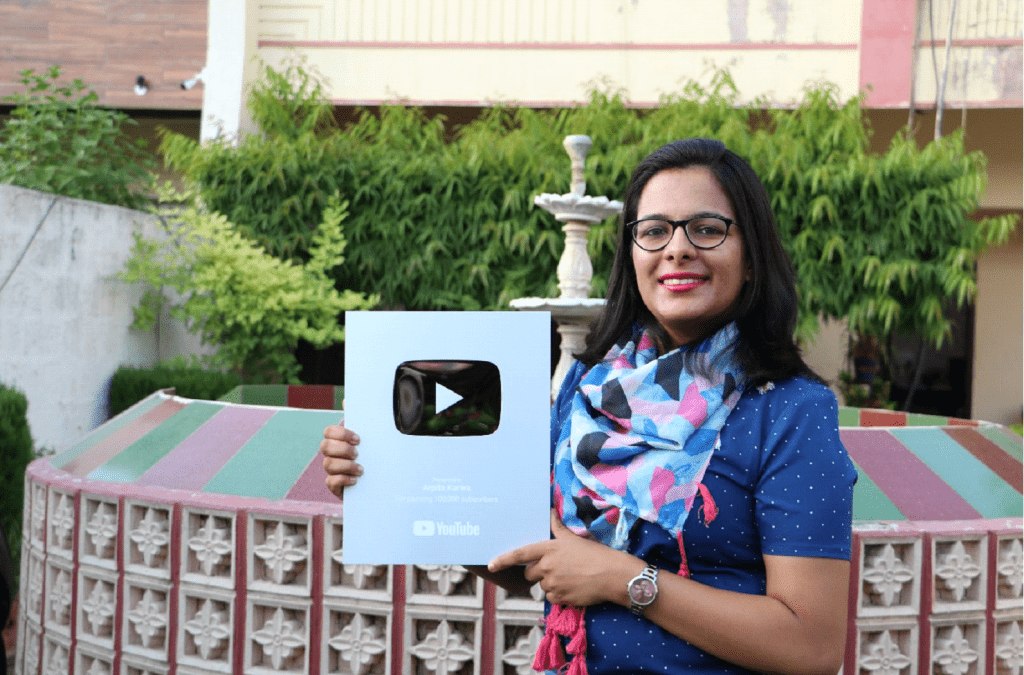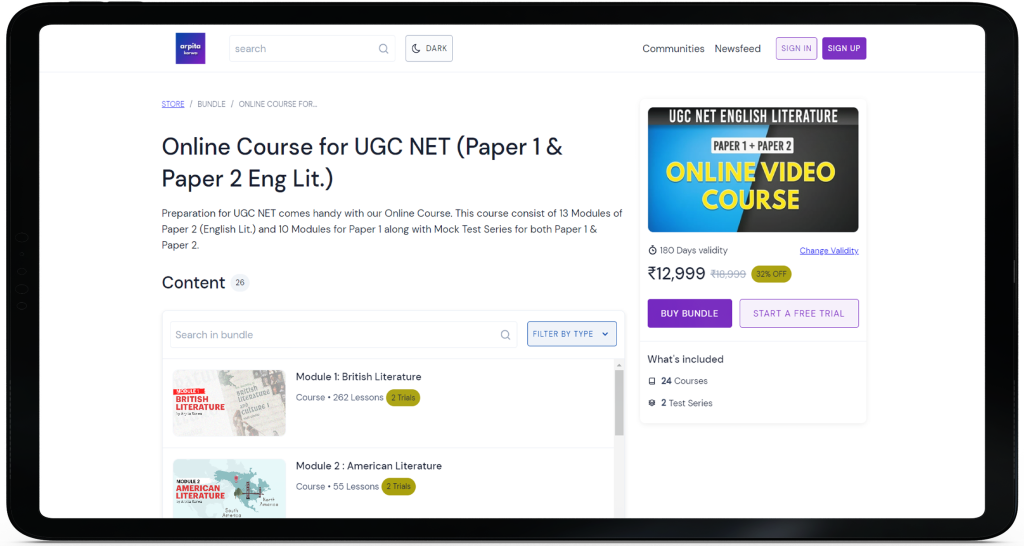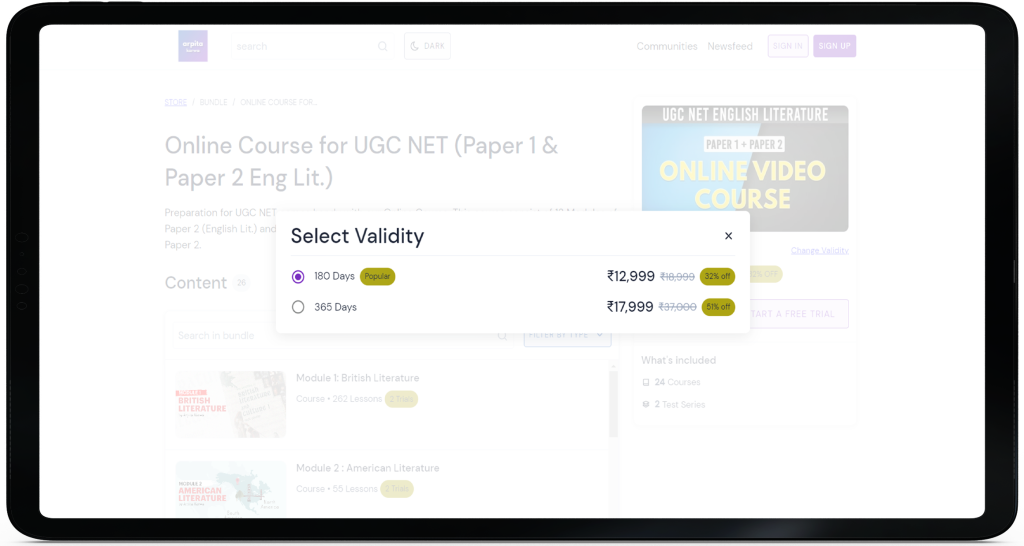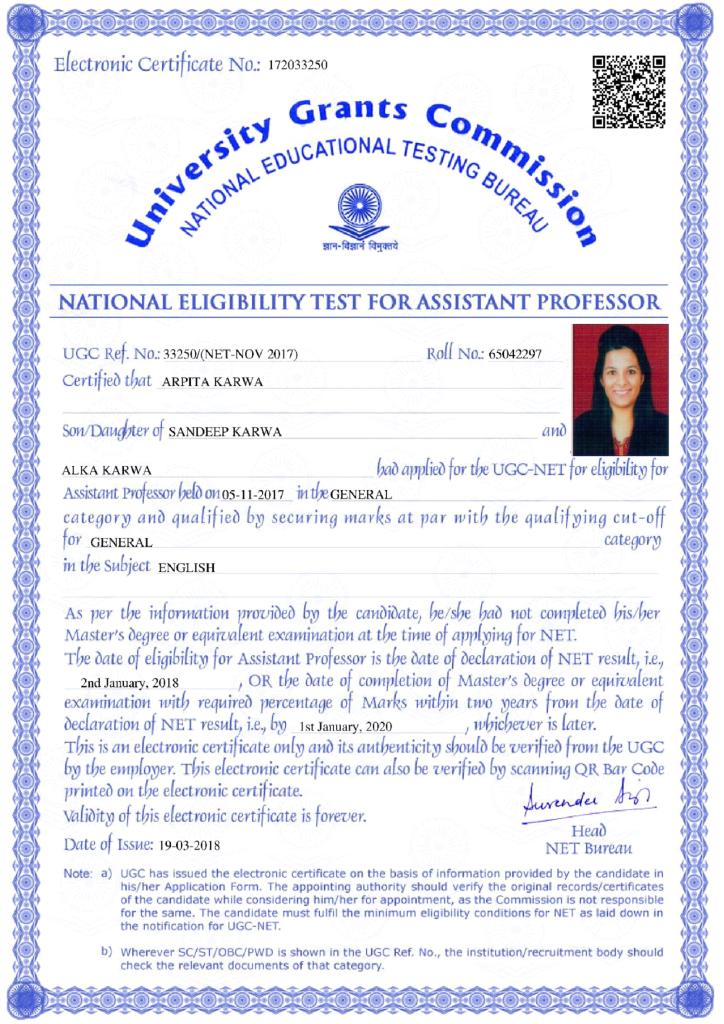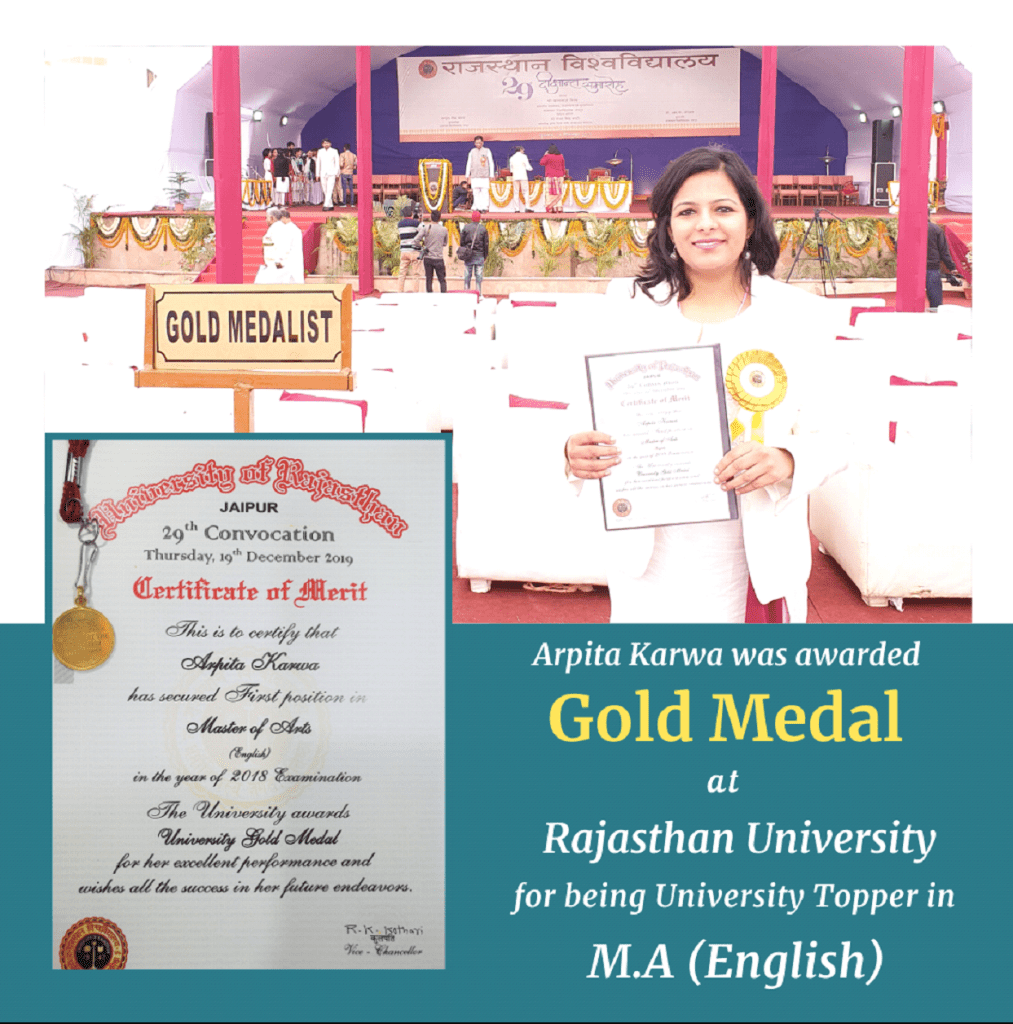October 2022 : Paper 1 (Conducted on 8th Oct 2022 : Morning Shift)
June 19, 2023 2025-08-19 9:51October 2022 : Paper 1 (Conducted on 8th Oct 2022 : Morning Shift)
October 2022 : Paper 1 (Conducted on 8th Oct 2022 : Morning Shift)
Q.1-5)
Q.1) The difference between the number of boys and the number of girls studying in College D is
[1] 4040
[2] 4080
[3] 7440
[4] 3360
Correct Answer: 2
Q.2) The number of girl students studying in College C as a percentage of the number of boys studying in College E is
[1] 70%
[2] 75%
[3] 80%
[4] 90%
Correct Answer: 4
Q.3) The average of the number of boys studying in Colleges A, B and C is
[1] 4900
[2] 4700
[3] 4400
[4] 4800
Correct Answer: 4
Q.4) The number of girls in College F is……….% more than the number of girls in College A.
[1] 25
[2] 30
[3] 40
[4] 50
Correct Answer: 3
Q.5) The ratio of the number of boys in College F with the number of boys in College D is
[1] 31:39
[2] 39:31
[3] 29:37
[4] 37:29
Correct Answer: 2
Q.6) In order to develop students holistically a teacher should emphasise on
[1] subject knowledge only
[2] remedial classes for slow learners
[3] explain the concept well
[4] outcome based education along with value education
Correct Answer: 4
Q.7) Which of the following levels of Bloom’s taxonomy is achieved by rote learning?
[1] Remembering
[2] Applying
[3] Analysing
[4] Understanding
Correct Answer: 1
Q.8) Match the column:
List 1
(Learning Definitions)
(A) Learning is an organization of behaviour.
(B Leaming is the change in behaviour resulting from behaviour
(C) Learning is selecting the appropriate response and
(D) Learning s a process of progressive behaviour adaption.
List 2 (Proponent)
I. Guilford
II. Skinner
III. Garret connecting with the stimulus.
IV. Thorndike
[1] A-IV, B-III, C-II, D-I
[2] A-III B-III C-II D-I
[3] A-III B-IV C-I D-II
[4] A-III B-I C-IV D-II
Correct Answer: 4
Q.9) Which of the following is a Group-centered method of teaching-learning?
[1] Providing lecture notes
[2] Team-teaching
[3] Demonstration method
[4] Brainstorming
Correct Answer: 4
Q.10) Assertion (A): Discussion forums are one of the Four Quadrants for MOOC.
Reasons (R): Discussion forums are in-built feature of learning management systems (LMS).
[1] Both A and R are true and R is the correct explanation of A
[2] Both A and R are true but R is NOT the correct explanation of A
[3] A is true but R is false
[4] A is false but R is true
Correct Answer: 2
Q.11) Responses to open-ended questions are
[1] Quantifiable
[2] Realistic
[3] Subjective
[4] Imitative
Correct Answer: 3
Q.12) Which one of the following is a tool of grounded theory?
[1] Constant comparison
[2] Auditing
[3] Deconstruction of narratives
[4] Use of uncritical language
Correct Answer: 1
Q.13) Which of the following are sources of data in historical research?
(A) Personal observation
(B) Focused group discussion
(C) Oral testimony
(D) Relics
(E) Actuaries
[1] A, B, C Only
[2] B, C, D Only
[3] A, C, D Only
[4] C, D, E Only
Correct Answer: 4
Q.14) Which of the following are the actions of an ethnographic researcher?
(A) He gets immersed in the Social Setting.
(B) He avoids collecting documents about the group members he is researching upon.
(C) He observes the behavior of group members.
(D) He listens to their conversation.
(E) He does not interview the participants when they are not amenable to observation.
[1] A, B, C Only
[2] A, C, D Only
[3] B, C, D Only
[4] C, D, E Only
Correct Answer: 2
Q.15) Statement I: Non-probability samples use available respondents and no specific Selection procedure is followed.
Statement Il: It is a fact that non-probability samples accurately reflect the population characteristics.
[1] Both Statement I and Statement II are true
[2] Both Statement I and Statement II are false
[3] Statement I is true but Statement Il is false
[4] Statement I is false but Statement II is true
Correct Answer: 4
Q.16) Communication apprehension is often described as
[1] Social relativity
[2] Psycho-social barrier
[3] Social anxiety
[4] Social ambiguity
Correct Answer: 3
Q.17) The grapevine communication is often driven by
[1] External professional agencies
[2] Competing organisations
[3] Top management of an organisation
[4] Social networks of employees
Correct Answer: 4
Q.18) Human communication involves
(A) Message Transmission
(B) Message reception
(C) Verbal and non-verbal messages
(D) Power-packed messages only
(E) Messages for non-consumption
[1] A, B, C Only
[2] B, C, D Only
[3] B, D, E Only
[4] A, C, E Only
Correct Answer: 1
Q.19) Statement I: In symbolic communication, power operates through images.
Statement Il: Such an advantage of exercising power does not exist in other types of communication
[1] Both Statement I and Statement II are true
[2] Both Statement I and Statement II are false
[3] Statement I is true but Statement Il is false
[4] Statement I is false but Statement II is true
Correct Answer: 3
Q.20) (Communication context)
(A) Physical
(B) Cultural
(C) Social and Psychological
(D) Temporal
(Related factor)
(I) Group norms
(II) Sequential positioning
(III) Tangible environment
(IV) Value system
[1] A-II B-III C-IV D-I
[2] A-III B-IV C-I D-II
[3] A-IV B-I C-II D-III
[4] A-I B-II C-III D-IV
Correct Answer: 2
Q.21) Find the average of the squares of the consecutive odd numbers from 1 to 21.
[1] 162
[2] 159
[3] 161
[4] 160
Correct Answer: 3
Q.22) Two numbers are in the ratio of 7:8 . If the difference between the numbers is 30. then find the numbers.
[1] 215, 245
[2] 205, 235
[3] 220, 250
[4] 210, 240
Correct Answer: 4
Q.23) Two Shopkeepers ‘A’ and ‘B’ sell certain kinds of machines at the same list price. However, shopkeeper ‘A’ allows two successive discounts of 20% and 15%, and shopkeeper ‘B’ allows two successive discounts of 10% and 25%. Which of the following statements is correct?
[1] A offers more discount
[2] B offers more discount
[3] Both A’ and B’offers the same discount
[4] A offers a 35% discount and ‘B’ offers a 30% discount
Correct Answer: 2
Q.24) At what percent of compound interest per annum? a sum of money will double in 14 years?
[1] 4%
[2] 5%
[3] 6%
[4] 6.5%
Correct Answer: 2
Q.25) Find the wrong term in the given series: 6, 11, 18, 27, 34, 51, 66, 83
[1] 34
[2] 51
[3] 83
[4] 11
Correct Answer: 1
Q.26) If the statement ‘All women are honest’ is given as true, which of the following propositions can be inferred from it?
(A) No women is honest is false.
(B) Some women are honest is true.
(C) No woman is honest is undetermined.
(D) Some women are not honest is false.
[1] A, B, D Only
[2] B, D Only
[3] B, C, D Only
[4] C, D only
Correct Answer: 1
Q.27) Statement I: To form the contrapositive of a given proposition, we replace its subject term with the complement of its predicate term, and we replace its predicate term with the complement of its subject term.
Statement II: All contra positions are valid.
[1] Both Statement I and Statement II are true
[2] Both Statement I and Statement II are false
[3] Statement I is true but Statement Il is false
[4] Statement I is false but Statement II is true
Correct Answer: 3
Q.28) Which of the logical informal fallacy is committed in the following argument “Mr. X used abusive language toward the child who threw a stone at his car. Since child abuse is a crime, he should be reported to the authorities” ?
[1] Appeal to Emotion
[2] Hasty generalisation
[3] Equivocation
[4] Appeal to force
Correct Answer: 3
Q.29) Statement I: Aristotelian syllogism regards deduction and induction as inseparably related.
Statement Il: The Nyaya school of classical Indian philosophy regards deduction and induction as two aspects of the same process.
[1] Both Statement I and Statement II are true
[2] Both Statement I and Statement II are false
[3] Statement I is true but Statement Il is false
[4] Statement I is false but Statement II is true
Correct Answer: 4
Q.30) In Nyaya Syllogism all the three terms stand synthesized in which of the following steps of the inferential process?
[1] Example (Udaharana)
[2] Conclusion (Nigamana)
[3] Application (Upanaya)
[4] Reason (hetu)
Correct Answer: 3
Q.31) Which Indian Act makes it illegal to knowingly spread a computer virus?
[1] Data protection and Security Act. 1997
[2] Information Security Act, 1998
[3] Information Technology Act. 2000
[4] Computer Misuse and Cyber Act, 2009
Correct Answer: 3
Q.32)
Correct Answer: 4
(Question from: Unit 8, Ch 23, CC# Microsoft Office Suite, ET)
Q.33) Which of the following three numbers (A-C) in decimal, octal, and hexadecimal notations, respectively is/are equivalent to (11011001)2 in the binary notation”
A. (217)10
B. (661)8
C. (D9)16
[1] A
[2] B
[3] A, B
[4] A, C
Correct Answer: 4
Q.34) Statement I: Cache memory is volatile memory and is much slower than Random Access Memory (RAM)
Statement II: CDs, DVDs and Magnetic Tapes are all optical media devices.
[1] Both Statement I and Statement II are true
[2] Both Statement I and Statement II are false
[3] Statement I is true but Statement Il is false
[4] Statement I is false but Statement II is true
Correct Answer: 2
Q.35) Which of the following statements are correct regarding CERT-IN?
(A) CERT- is the national nodal agency for responding to computer security incidents as and when they occur.
(B) CERT-IN is operational since January 2014,
(C) Forecast and alert of cyber security incidents is one of the functions of CERT-IN.
[1] A, B, C
[2] A, B
[3] A, C
[4] B, C
Correct Answer: 3
Q.36) Geothermal field requires a combination of following three conditions
(A) A natural underground source of water
(B A mountain in the vicinity
(C) An impermeable layer
(D) A coal mine in the vicinity
(E) A large mass of hot rock in the vicinity
[1] A, C, E
[2] A, C, D
[3] B, C, D
[4] B, D, E
Correct Answer: 1
Q.37) (Protocol/Summit)
(A) Paris Agreement
(B) Kyoto Protocol
(C) Rio declaration
(D) Montreal Protocol
(Theme)
(I) Emissions trading
(II) Ozone depletion
(III) INDCs
(IV) Environment and development
[1] A-III B-I C-II D-IV
[2] A-I B-II C-IV D-III
[3] A-III B-I C-IV D-II
[4] A-I B-II C-III D-IV
Correct Answer: 3
Q.38) Statement I: Natural erosion of the soil is the gradual removal of the top soil by natural processes.
Statement Il: Accelerated erosion of the soil is caused due to man-made activities. The rate of accelerated erosion is equal to the rate of soil formation.
[1] Both Statement I and Statement II are true
[2] Both Statement I and Statement II are false
[3] Statement I is true but Statement Il is false
[4] Statement I is false but Statement II is true
Correct Answer: 3
Q.39) Chlorine in drinking water is used for
(A) Disinfection
(B) Removal of hardness
(C) Odor treatment
(D) turbidity control
(E) Removal of iron and manganese
[1] A C E
[2] A B C
[3] A D E
[4] C D E
Correct Answer: 1
Q.40) Statement I: Volatile Organic Chemicals (VOCs) are among the most commonly found contaminants in groundwater.
Statement Il: The concentration of VOCs in groundwater is much less compared to that in surface waters.
[1] Both Statement I and Statement II are true
[2] Both Statement I and Statement II are false
[3] Statement I is true but Statement Il is false
[4] Statement I is false but Statement II is true
Correct Answer: 3
Q.41) Which Educational Institution was the first to start college classes for women?
[1] Central Hindu Girls School
[2] Vasanta College
[3] Miranda House
[4] Bethune School for Girls
Correct Answer: 4
Q.42) Indira Gandhi National Open University was established in the year
[1] 1975
[2] 1980
[3] 1985
[4] 2000
Correct Answer: 3
Q.43) Which goal of the 2030 Agenda for Sustainable Development adopted by India in 2015 seeks to “ensure inclusive and equitable quality education and promote lifelong learning opportunities for all”?
[1] Goal 2
[2] Goal 4
[3] Goal 6
[4] Goal 15
Correct Answer: 2
Q.44) Statement I: The National Education Policy 2020 envisages that the extant 10+2 structure in School Education will be modified with a new pedagogical and curricular restructuring of 5+4+4+3 covering ages 3-15.
Statement II: The National Education Policy 2020 envisages. that prior to the age of 5, every child will move to a “Preparatory class” or “Balvatika”, which has an ECCE-qualified teacher.
[1] Both Statement I and Statement II are true
[2] Both Statement I and Statement II are false
[3] Statement I is true but Statement Il is false
[4] Statement I is false but Statement II is true
Correct Answer: 4
Q.45) The National Education Policy (2020) has recommended the replacement of the UGC by an umbrella organization, the Higher Education Commission of India (HECI) with its four Verticals, namely-
(A) National Higher Educational Regulatory Council
(B) General Educational Council
(C) Medical Council of India
(D) National Accreditation Council.
(E) Higher Education Grants Council.
[1] A, B, C, D
[2] B, C, D, E
[3] A, C, D, E
[4] A, B, D, E
Correct Answer: 4
Q.46-50)
Read RC Passage to Answer:
Certain languages came to acquire a special status introduced by religious leaders, scholars, or conquerors. Sometimes they became the basis of power and privilege. A language spoken by a small minority, such as Latin in Medieval Europe could become the medium of scholorship, of record-keeping and of religious ceremony. A language introduced by conquerors, who became a ruling and landed elite, would be used in commerce, administration and law. During the era of imperialism, the languages of colonial powers became the languages of administration, codified laws, higher education, science and technology in their own colonies. This held back the development of older languages excluded from these spheres. To a varying extent, languages such as English and French still hold this position in some of the now independent nations of Asia and Africa. This can create problems within these states, as well as between neighbouring countries, notably in West Africa and the Caribbean. These have emerged from subjection to different alien powers. Words are symbols of human experience. Perceptions underlying them have undergone change over time and in response to new situations. Moreover, all languages are in a state of change sometimes gradual, sometimes rapid. They respond to new needs arising from developments in thought and knowledge, in productive techniques, in social relationships, in political and economic structures. Words, therefore, change their meanings and acquire fresh applications, specialised technical terms pass into general usage. And new words are invented. The process reminds us that language is not a corpus of learning. but an instrument adapted to human purposes.
Q.46) Historically, minority languages were the basis of
[1] Medieval culture
[2] Cultural independence
[3] Scholarship
[4] Religious harmony
Correct Answer:
Q.47) The language of the conquerors was used in
[1] Ruling over landed elite
[2] The administration of law
[3] Colonising the other countries
[4] Creating social inclusiveness
Correct Answer: 2
Q.48) Imperialism was responsible for
[1] Codification of law
[2] Racial equity
[3] Primacy of local languages
[4] Exclusion of old languages
Correct Answer: 4
Q.49) One of the characteristics of languages is
[1] Constant change in meanings of words
[2] Subjection to different alien powers.
[3] The ability to survive against heavy odds.
[4] Their monopoly by the elites.
Correct Answer: 1
Q.50) The passage analyses languages as a
[1] Corpus of learning
[2] Symbol of State power
[3] Tool to meet human purposes
[4] Formal link between old and new generations.
Correct Answer: 3
















